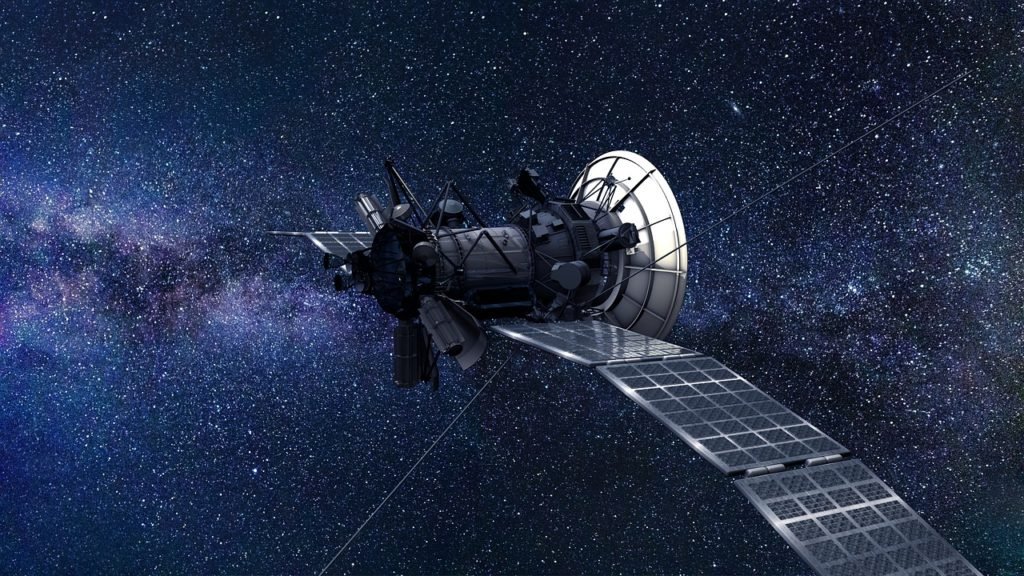Introduction
Astronomy is the study of the universe and the celestial bodies that exist within it. From the earliest observations of the stars and planets by ancient civilizations to the modern era of space exploration and the search for extraterrestrial life, astronomy has played a vital role in our understanding of the universe and our place within it.
At “sTechPedia,” you can find information on a wide range of topics related to astronomy, including the history of the field, current and future developments, and the latest news and discoveries.
In this article, we will explore the history of astronomy and the key developments and discoveries that have shaped our understanding of the universe. We will also discuss current and future developments in the field and their potential impact on our understanding of the cosmos.
The early history of astronomy
The study of the stars and planets has a long and fascinating history that dates back to ancient civilizations. In ancient Greece, philosophers and mathematicians like Pythagoras and Plato made important contributions to the field, developing theories about the nature of the universe and the celestial bodies within it.
In ancient China, astronomers made detailed observations of the stars and used them to track time and create calendars. In ancient Egypt, the study of the stars was closely linked with religion, and the pyramids were built with astronomical alignments in mind.
The development of telescopes in the early 17th century revolutionized the field of astronomy and allowed for more detailed observations of the stars and planets. Galileo Galilei was one of the first to use a telescope for astronomical purposes, and his observations of the moon, Jupiter, and the phases of Venus helped to support the heliocentric model of the solar system.
The modern era of astronomy

The 20th century saw significant developments in the field of astronomy, with the advent of space exploration and the development of new technologies for studying the universe.
In 1969, the Apollo 11 mission marked the first time humans landed on the moon, and subsequent missions allowed for more detailed observations and exploration of the lunar surface. In the decades that followed, space probes were sent to study the other planets in the solar system, and spacecraft were launched to study the sun and other celestial bodies.
One of the most significant developments in modern astronomy has been the search for exoplanets, planets that orbit stars outside of our own solar system. The discovery of exoplanets in the 1990s opened up the possibility of finding extraterrestrial life and sparked widespread interest in the field.
In recent years, new technologies, such as space telescopes and gravitational wave detectors, have allowed for even more detailed observations of the universe and the search for answers to some of its greatest mysteries.
Current and future developments in astronomy
The field of astronomy is constantly evolving and advancing as new technologies are developed and new discoveries are made. Some of the current and future developments in the field include:
- Space telescopes: Space telescopes, such as the Hubble Space Telescope and the upcoming James Webb Space Telescope, allow for detailed observations of the universe from above the Earth’s atmosphere. These telescopes are able to see further and in more detail than ground-based telescopes, providing new insights into the nature of the universe.
- Gravitational waves: The detection of gravitational waves, ripples in spacetime caused by the movement of massive objects, has opened up a new way of studying the universe and its most extreme events, such as black hole mergers.
- Exoplanet search: The search for exoplanets and the possibility of finding extraterrestrial life continues to be a major focus of astronomy. Techniques such as the transit method, which looks for dips in the light of a star as a planet passes in front of it, have allowed for the discovery of thousands of exoplanets.
- Emerging technologies: New technologies, such as artificial intelligence and machine learning, are being used to analyze data from space telescopes and other instruments to uncover new insights into the universe.
Conclusion
The history of astronomy is a long and fascinating one, filled with discoveries and developments that have shaped our understanding of the universe. From the earliest observations of the stars by ancient civilizations to the modern era of space exploration and the search for extraterrestrial life, astronomy has played a vital role in human history.
Today, the field of astronomy continues to advance and evolve, with new technologies and techniques allowing for more detailed observations of the universe and the search for answers to some of its greatest mysteries. At “sTechPedia,” you can find information on a wide range of topics related to astronomy, including the latest news and discoveries, current and future developments, and resources for further learning.
As we look to the future, it is clear that astronomy will continue to play a central role in our understanding of the universe and our place within it. The possibilities and opportunities offered by this field are endless, and it is exciting to think about what new discoveries and developments the future may bring.







